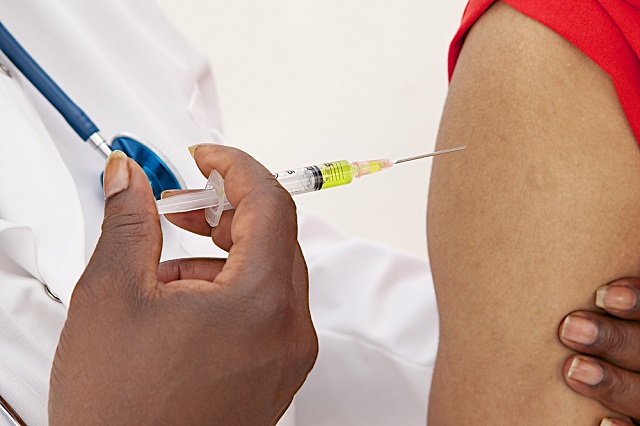Depo-provera may increase women’s risk of contracting HIV, says WHO

Thandeka Moyo, Health Reporter
THE World Health Organisation (WHO) has warned that the use of Depo-provera, the most common contraceptive in Matabeleland region, may increase women’s risk of contracting HIV by up to 50 percent.
WHO in its official website says for the past 25 years, there has been mixed evidence as to whether use of hormonal contraceptive methods is associated with a woman’s risk of acquiring HIV.
Depo-provera, Jadelle, birth control pills and implants are included in the family of hormonal contraceptives.
However, Zimbabwe National Family Planning Council (ZNFPC) service delivery coordinator Ms Janet Godzi said though the risk has not been proven, combating HIV required the use of multiple strategies.
She said Depo-provera may be perceived as leading to HIV contraception because people who use it often engage in unprotected sex, knowing they will not fall pregnant.
“So far no study has proven that indeed using depo- provera increases the risk of contracting HIV but we have heard of cases where women engage in unprotected sex simply because they are on depo-provera,” said Ms Godzi.
“We must remember that no one can safely fight HIV with one method hence even those who are circumcised must condomise. The only contraceptive that can protect from HIV is a condom which protect from unwanted pregnancies and HIV at the same time.”
She said depo like every contraceptives had side effects.
“It generally affects the menstruation pattern and causes headaches in some women. It also increases appetite and some women actually gain weight in the process.”
ZNFPC provincial manager for Matabeleland region Mr Blessed Gumbi urged members of the public to know their status and practice safe sex always.
“Our national modern contraceptive prevalence is 67 percent and Bulawayo and Mashonaland West provinces are both at the top with 70.9 percent. It is important for women to use contraceptives as they avert about three million unwanted pregnancies, 938 000 abortions and 7263 maternal deaths in Zimbabwe,” said Mr Gumbi.
He said depo was the region’s favourite contraceptive.
“We hope more women will start using contraceptives as we continue with our programmes and still practice safe sex. We therefore urge members of the public to make the most of available methods to reduce the risk of HIV transmission.”
According to the Sunday Times, WHO recently changed its warning on the contraceptive from “no restriction for the use of the contraceptive method” to “women should be advised about concerns that these methods may increase risk of HIV acquisition.
“WHO said there is ‘uncertainty over whether there is a causal relationship’, meaning they do not have proof it causes HIV, but studies show there is likely to be an increased risk.
However, WHO advises that women must be told how “to minimise their risk of acquiring HIV” if taking the injection and must be offered condoms when getting the injection.”
@thamamoe











Comments